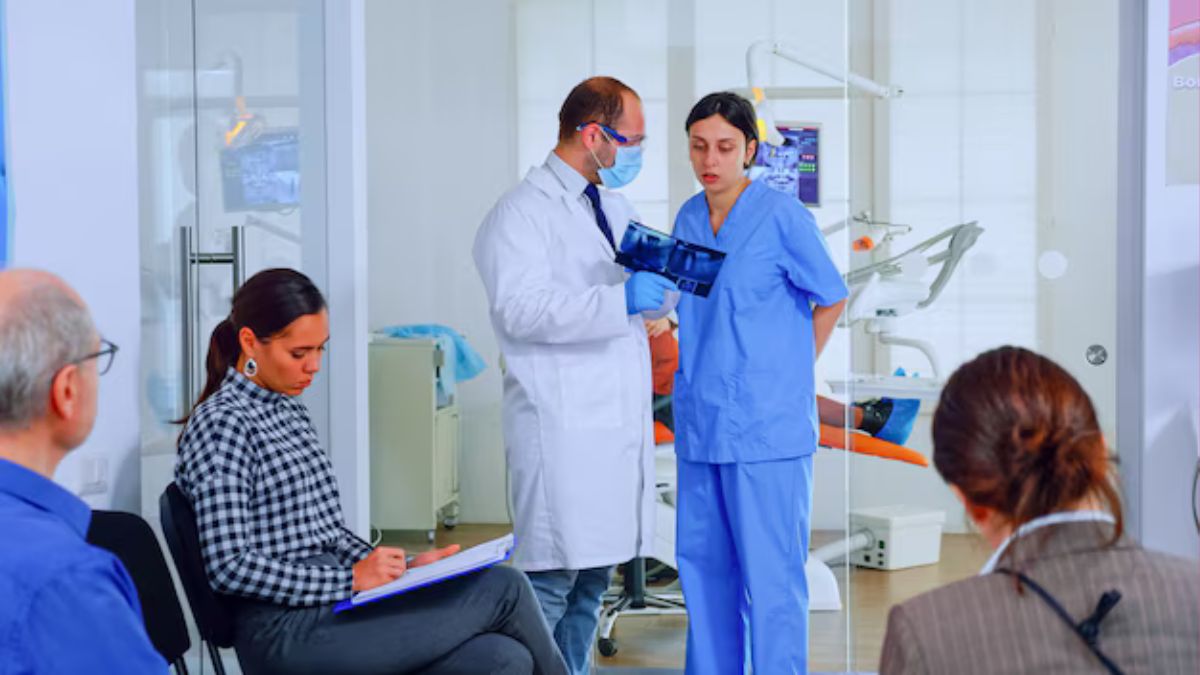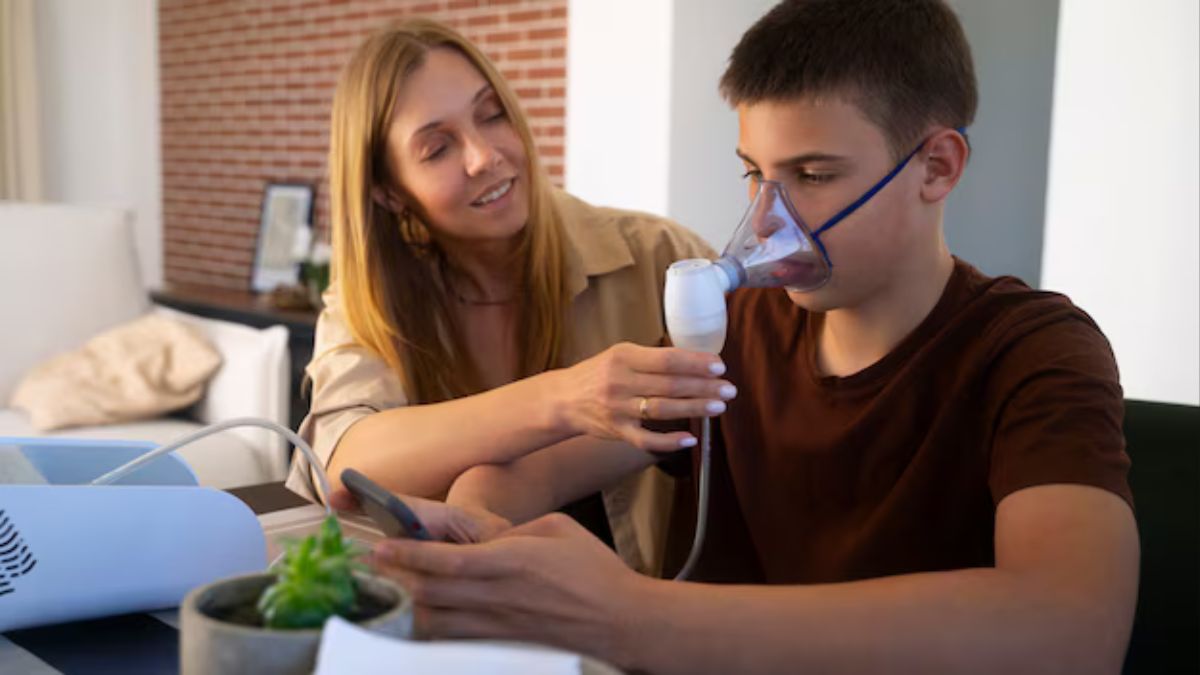Cancer, a relentless and life-threatening disease, has the power to alter lives in unimaginable ways. It’s a formidable adversary, and for many, chemotherapy is the only hope, offering a possibility of survival. This powerful treatment targets cancer cells with precision to eradicate the disease from within.
However, chemotherapy is a double-edged sword. While combating the disease, it also leaves a trail of lesser-known hazards that can weigh heavily on those undergoing treatment.
Selena Gomez, who underwent chemotherapy to treat her lupus, has recently highlighted how these hidden perils can affect anyone, regardless of their status. Gomez revealed how her treatments affected her mental health and career for the first time since going away from the spotlight in 2014.
We’re here to bring to light the dark side of chemotherapy today, by looking at the hidden perils it exposes its patients to.
1. Cardiotoxicity
As chemotherapy fights cancer, it can inadvertently strike a blow to one of our most vital organs – the heart. Cardiotoxicity represents the potential for heart damage as an unwelcome side effect of this life-saving treatment.
Consider the story of Anne Long, a breast cancer survivor whose triumph over the disease was shadowed by an unexpected foe. Anne underwent aggressive chemotherapy to eradicate her cancer, but the aftermath brought unforeseen challenges for her.
Months after her treatment ended, Long began experiencing severe fatigue and shortness of breath.
She initially attributed these symptoms to the lingering effects of chemotherapy.
However, it was later found that she had developed cardiomyopathy, a condition where the heart muscle becomes weakened. Her oncologist explained that the very drugs that saved her life had placed an undue burden on her heart.
Cardiotoxicity can manifest in various forms, from weakening the heart muscles to causing irregular heartbeats. For patients already enduring the rigors of cancer treatment, the emergence of heart problems can be both physically and emotionally devastating.
2. Port A Catheter Migration
Port A Catheter – or portacaths – are an ally in the daunting journey of chemotherapy. TorHoerman Law notes that the small, implantable port has become widely popular in several long-term intravenous treatments, including chemotherapy. However, this seemingly benign device carries its own hidden peril: portacath migration.
Portacath migration occurs when the device shifts from its original position, traveling to other parts of the body. This movement can lead to blockage of blood vessels, damage to vital organs, or even life-threatening situations like pulmonary embolism.
What Are the Symptoms of Portacath Migration?
Portacath migration, while a rare complication, can present a range of symptoms that vary in severity. Recognizing these signs early is paramount.
Here are some common port a catheter migration symptoms to watch for:
Swelling and Pain:
One of the most noticeable signs is swelling or pain around the portacath site. This can indicate that the device has shifted from its original position.
Difficulty Breathing:
As the portacath moves, it can potentially obstruct blood vessels or interfere with the lungs, leading to shortness of breath or difficulty breathing.
Changes in Blood Flow:
Patients might notice changes in the flow of fluids during chemotherapy sessions, such as slower infusion rates or difficulty in drawing blood.
Unusual Sensations:
Tingling, numbness, or unusual sensations around the port site or in the arm and neck can also be indicative of migration.
3. Infection Risks
Chemotherapy affects the blood, particularly the white blood cells, which are important for fighting off infections. As these defenders of the immune system are depleted, even a minor cut or a common cold can escalate into a serious threat.
For cancer patients, this vulnerability transforms everyday bacteria, viruses, and fungi into formidable foes. Infection risks during chemotherapy can manifest in various ways, from skin infections and respiratory illnesses to more severe conditions like sepsis.
Symptoms such as persistent fever, chills, and unexpected fatigue should be red flags, prompting immediate medical attention.
How to Reduce The Risk of Infections During Chemotherapy?
As troublesome as the heightened risk of infection due to chemotherapy might sound, you can keep it limited by practicing caution.
Firstly, it’s essential to be vigilant about personal hygiene. Regular and thorough handwashing with soap and water is a simple yet powerful tool in the fight against infections. Stick to this routine before meals, after using the restroom, and following any contact with potentially contaminated surfaces.
Another critical step is being cautious with food choices, especially avoiding raw or undercooked foods. Raw fruits, vegetables, and meats can harbor harmful bacteria and pathogens that pose a significant risk to those with weakened immune systems.
Opt for thoroughly cooked meals to ensure that any potential contaminants are eliminated, providing a safer dietary option. Wash fruits and vegetables thoroughly before eating and avoid raw seafood, such as sushi.
4. Gastrointestinal Complications
Chemotherapy targets rapidly dividing cells, a hallmark of cancer. However, the cells lining the GI tract also divide quickly, making them unintended casualties in the fight against cancer. This collateral damage can result in a range of gastrointestinal complications, from mild discomfort to severe, debilitating conditions.
Nausea and vomiting are perhaps the most well-known side effects of chemotherapy, but they are just the tip of the iceberg. Patients often experience severe diarrhea or constipation, both of which can be extremely disruptive and painful. Diarrhea can lead to dehydration and nutritional deficiencies, while constipation causes significant discomfort if not managed properly.
How to Improve Gut Health During Chemotherapy?
The key to protecting yourself from gastrointestinal complications during chemotherapy is taking good care of your gut health. The first and foremost way of doing so is by taking probiotic supplements.
Several clinical reviews highlight that these supplements have reduced the risk of severe diarrhea and oral mucositis symptoms in patients undergoing chemotherapy. Check with your oncologist to get recommendations about starting the supplements.
In addition to these supplements, you should also include more gut-nourishing foods in your regular diet for gastrointestinal relief. These include yogurt, legumes, berries, apples, bananas, and whole grains.
It’s now apparent that chemotherapy – the savior from cancer and other autoimmune diseases – tends to have downsides of its own.
Be it milder perils like gastrointestinal issues or a more threatening risk of cardiotoxicity – the consequences are not easy. The only hope we have to tackle them is staying informed and making every right choice we can to keep ourselves safe.











